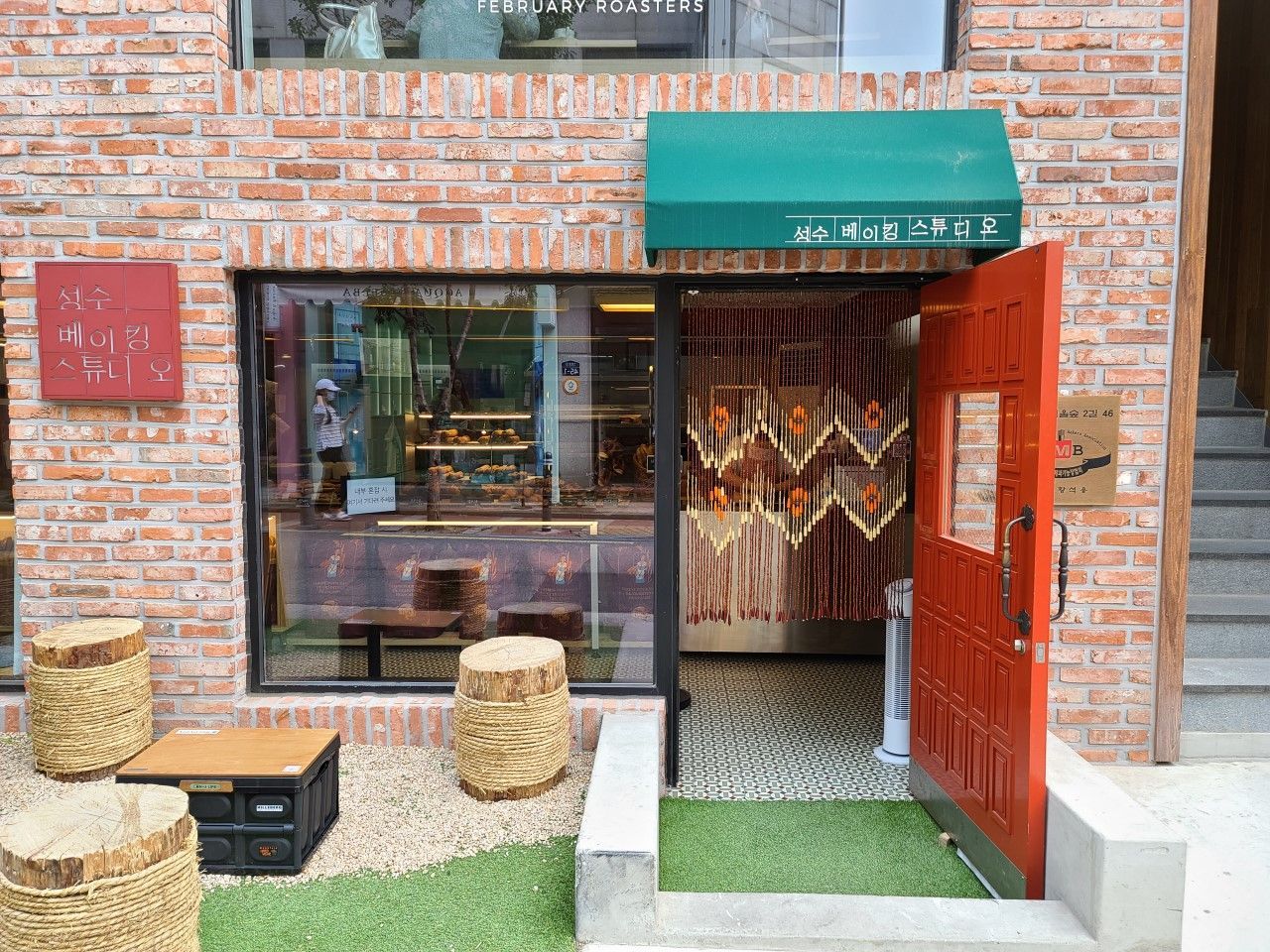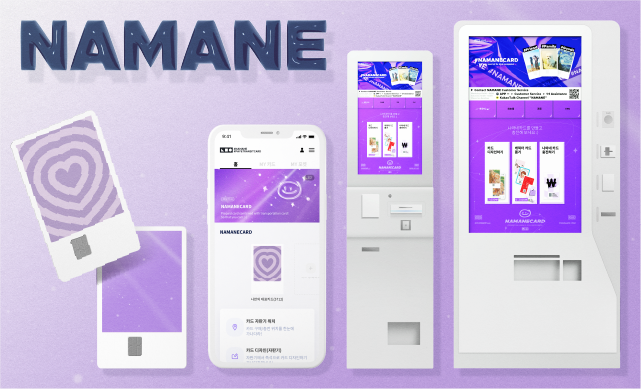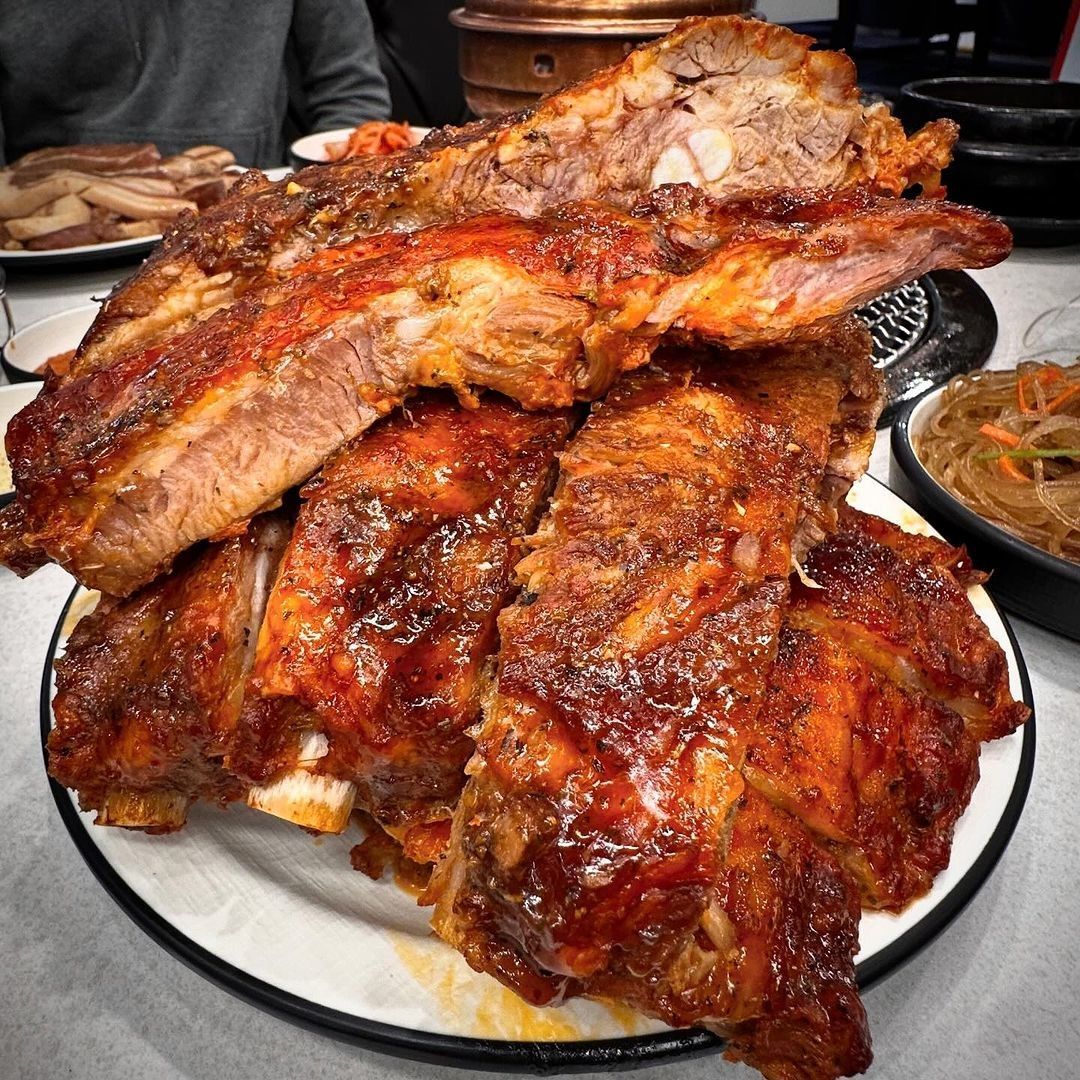Living in South Korea as an Expat: A Comprehensive Guide
South Korea has become an increasingly popular destination for expats in recent years, offering a unique blend of ancient traditions and cutting-edge modernity. From bustling metropolises to serene countryside, the Land of the Morning Calm provides diverse experiences for foreigners looking to call it home. This guide aims to provide a comprehensive overview of expat life in South Korea, covering everything from the initial move to day-to-day living.
Interested in asking others about South Korea or engage in related chat? Be sure to check out our popular FB Group, Every Expat in Korea!
Why Move to South Korea?
Expats are drawn to South Korea for various reasons:
- Economic Opportunities: South Korea boasts a thriving economy, particularly in technology, entertainment, and manufacturing sectors. Cities like Seoul offer numerous job prospects for skilled professionals.
- Cultural Richness: The country offers a fascinating mix of traditional and modern culture, from ancient palaces to K-pop concerts.
- Advanced Infrastructure: South Korea is known for its excellent public transportation, high-speed internet, and cutting-edge technology.
- Education: The country's education system is highly regarded, attracting students and academics worldwide.
- Healthcare: South Korea's advanced healthcare system provides high-quality medical care at relatively affordable prices.
Visa and Work Permits
Obtaining the right visa is crucial for living and working in South Korea. The most common visas for expats include:
- E-2 Visa: For English teachers
- E-7 Visa: For skilled professionals in various fields
- F-4 Visa: For overseas Koreans
- D-2 Visa: For students
It's important to note that visa requirements can change, so always check with the nearest South Korean embassy or consulate for the most up-to-date information.
Finding Accommodation
Housing can be one of the biggest challenges for expats in South Korea, particularly in Seoul where prices are high and space is at a premium. Common types of accommodation include:
- Apartments (Apateu): Most common in cities
- Officetel: Studio-type accommodations popular among single expats
- Hanok: Traditional Korean houses, though rare and often expensive
Many expats, especially English teachers, have their accommodation provided by their employers. For those arranging their own housing, be prepared for high deposits known as "key money".
Cost of Living
The cost of living in South Korea, particularly in Seoul, can be high. However, it's generally more affordable than other developed Asian countries like Japan or Singapore. As of 2024, a single expat can expect to spend around 652,000 KRW (560 USD) per month, excluding rent.
Key expenses include:
- Housing: The largest expense, especially in Seoul
- Food: Local cuisine is generally affordable, but imported goods can be pricey
- Transportation: Public transport is efficient and reasonably priced
- Healthcare: National health insurance is mandatory and provides good coverage at affordable rates
Working in South Korea
The job market for expats in South Korea is diverse but can be competitive. Common fields for foreign workers include:
- English Teaching: The most accessible option for many expats
- IT and Technology: Particularly in Seoul's thriving tech scene
- International Business: Many multinational companies have offices in Korea
Work culture in South Korea can be intense, with long hours and a strong emphasis on hierarchy. However, recent years have seen efforts to improve work-life balance.
Healthcare
South Korea's healthcare system is modern and efficient. All residents, including expats, are required to enroll in the National Health Insurance scheme. This provides access to high-quality care at reasonable costs. Many expats praise the accessibility and affordability of healthcare in Korea.
Education
For expats with children, education options include:
- International Schools: Offering curricula from various countries, mostly located in Seoul
- Local Schools: An immersive option, but challenging due to language barriers
- Homeschooling: Legal but requires approval from the Ministry of Education
The Korean education system is known for its rigor and high standards.
Transportation
South Korea's public transportation system is extensive and efficient:
- Subway: Comprehensive networks in major cities
- Buses: Extensive coverage across the country
- KTX (High-Speed Rail): Connects major cities quickly
- Taxis: Abundant and relatively affordable
Many expats find they can live comfortably without owning a car.
Culture and Social Life
Adapting to Korean culture can be both exciting and challenging for expats:
- Language: Learning basic Korean is highly beneficial, as English is not widely spoken outside major cities
- Etiquette: Respect for age and hierarchy is crucial in Korean society
- Social Life: Koreans are generally welcoming to foreigners, but forming deep friendships can take time
- Food: Korean cuisine is diverse and often spicy, with communal dining being a significant part of social life
Many expats find joining social groups or language exchange programs helpful for integration.
Challenges of Expat Life in Korea
While rewarding, living in South Korea comes with its challenges:
- Language Barrier: Can be significant outside major cities
- Cultural Differences: Adapting to Korean social norms and work culture can be difficult
- Weather: Extreme temperatures in summer and winter
- Air Quality: Pollution can be a concern, particularly in urban areas
Expat Communities
There are vibrant expat communities in major cities, particularly Seoul, Busan, and Daegu. These communities often organize events, provide support networks, and share valuable information for navigating life in Korea.
Living in South Korea as an expat offers a unique blend of challenges and rewards. From its rich cultural heritage to its technological advancements, South Korea provides a diverse and dynamic environment for foreigners. While adapting to the local culture and overcoming language barriers can be challenging, many expats find their experience in Korea to be incredibly enriching and memorable.
Whether you're drawn by career opportunities, cultural experiences, or simply the adventure of living abroad, South Korea offers a distinctive expat experience. By approaching your move with an open mind, patience, and a willingness to embrace new experiences, you can make the most of your time in this fascinating country.









